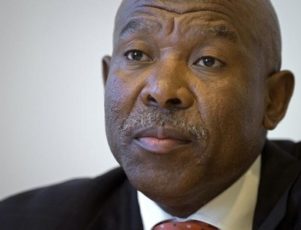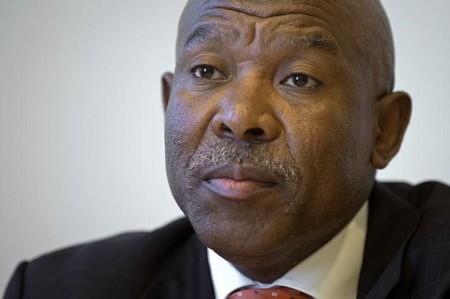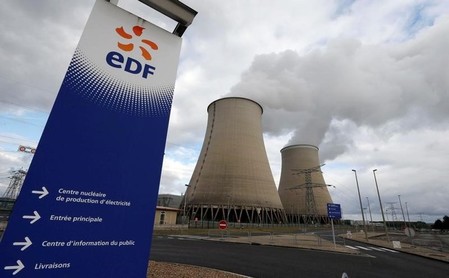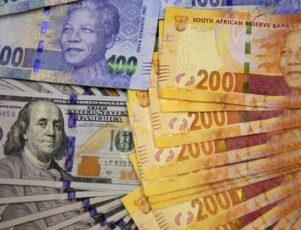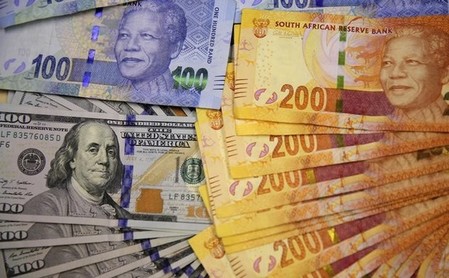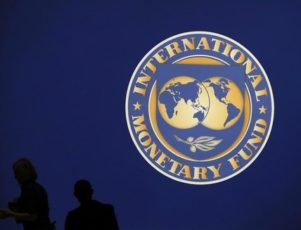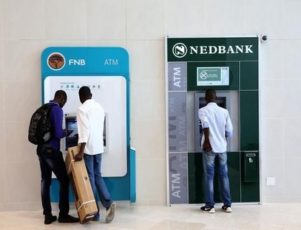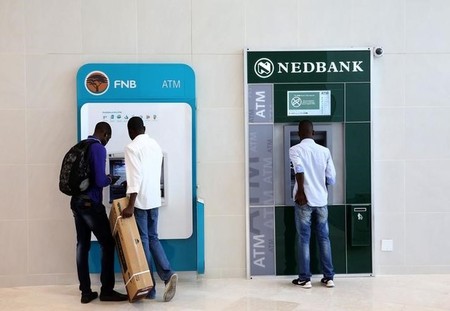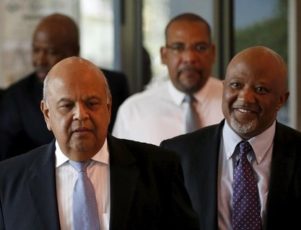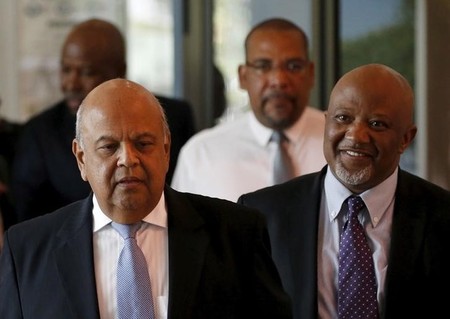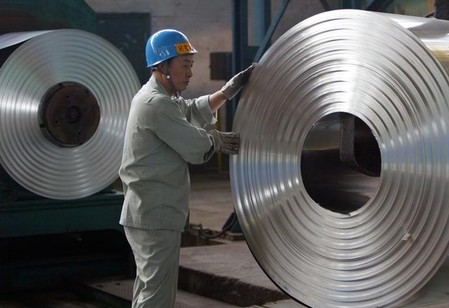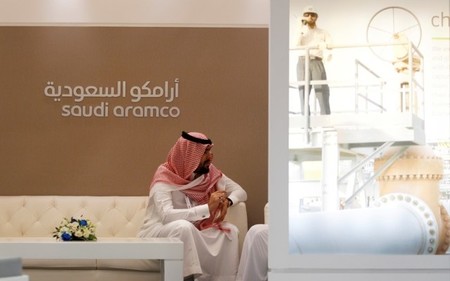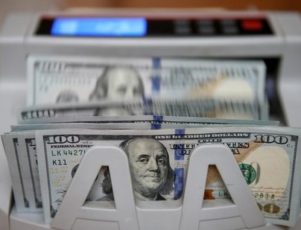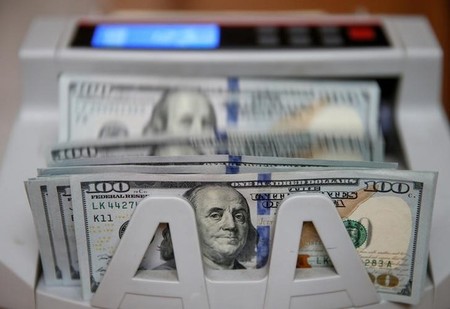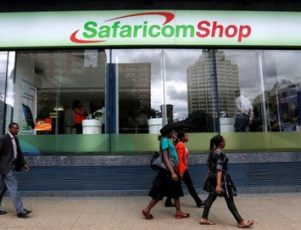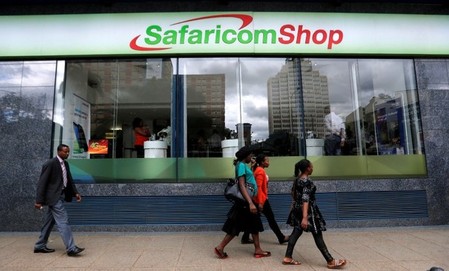By Asma Alsharif and Eric Knecht
CAIRO (Reuters) – Egypt expects to receive $2.75 billion in aid from the International Monetary Fund as early as next week, part of a $12 billion loan package it hopes will avert an economic crisis and halt a slide in its newly floated currency.
Import-dependent Egypt has struggled to attract dollars and revive its economy since the 2011 uprising that ended Hosni Mubarak’s 30-year rule drove away tourists and foreign investors, essential sources of hard currency.
Facing a gaping deficit, plummeting foreign reserves and a burgeoning currency black market, it agreed a $12 billion loan with the IMF in August but had to secure $5 billion to $6 billion in bilateral financing for the deal to be finalised.
Egyptian officials said they were ready to make the final push for the loan after the central bank abandoned its currency peg to the U.S. dollar on Thursday in a dramatic move welcomed by the Fund and World Bank.
The Washington-based lender said on Tuesday it would review and was likely to approve Egypt’s programme on Friday.
Egypt’s Deputy Finance Minister Ahmed Kouchouk told Reuters he expects an initial disbursement of $2.75 billion as early as next Tuesday should the board grant approval.
Finance Minister Amr El-Garhy said all $6 billion in bilateral financing required ahead of the loan had now been secured and a letter of intent outlining the government’s reform programme was sent on Monday to the IMF.
The financing included a $2.7 billion currency swap with China along with funding from the World Bank, the United Arab Emirates and Saudi Arabia.
“Over the past few months, the Egyptian authorities have embarked on an ambitious reform program to put the country’s economy on a sustainable path and achieve job-rich growth,” IMF Managing Director Christine Lagarde said in a statement.
“I will recommend that the board approve Egypt’s request.”
Clinching the IMF deal would be a milestone in Egypt’s efforts to restore confidence in an economy battered by years of turmoil and a shortage of foreign currency that has stifled business activity and repelled foreign investors unable to cash out their earnings.
Welcomed as a necessary move by business and many economists, Egypt has embarked on ambitious reforms that carry enormous risks for President Abdel Fattah al-Sisi, who seized power in mid-2013 promising to restore stability after a year of divisive Islamist rule.
Since taking power, the general-turned-president has struggled to transform tens of billions of dollars of aid from Gulf Arab allies into sustainable growth for a weary populace.
But unlike previous governments, which have shied away for decades from politically sensitive measures, Sisi’s government has imposed a value-added tax, cut power subsidies, raised fuel prices and floated the pound, all in the space of three months.
Though Egyptians have complained of rising inflation and biting austerity, the government has said there was no going back as the country could no longer afford delays.
SINK OR SWIM?
The IMF cash should help stabilise the pound after its peg of 8.8 pounds per dollar was ditched on Thursday to help draw in capital, crush a booming black market for dollars and help banks starved of foreign currency clear months-old backlogs.
On the third day of interbank trading the pound dropped to nearly 18 per dollar, in line with black market rates that had risen rapidly and brought business to a near standstill in the days before the float.
Banks have been opening daily until 9 p.m. this week to accept dollar deposits and sales while the government has broadcast messages on Egyptian radio calling on the public to shun the black market and use the banks.
Anxious Egyptians have stashed dollars under mattresses in recent months as a hedge against inflation, which has soared above 14 percent.
It is not clear how many dollars have come into banks since the float, but bankers and business people said some black market dealers had been forced to sell dollars into the banking system as they struggled to find buyers.
“I don’t think people will jump right back to the black market because the banks are trying to get the liquidity from the black market as well,” one commodities trader said.
Maintaining its currency peg had slashed foreign reserves to $19.041 billion in October from about $36 billion just before the 2011 uprising.
Governor Tarek Amer said last week that the central bank is targeting dollar reserves of about $25 billion by year-end, including pledges from China, G7 countries, and Arab allies.
Austerity measures are expected to intensify, although the government insists it will protect the poor by keeping subsidies on staples such as bread untouched.
The central bank allocated over $1 billion last month to help stockpile cheap essentials at food outlets where the poorest citizens shop.
Businesses and traders said they were unfazed by the pound’s slide in recent days and expressed relief that the currency black market may finally dry up.
“At least now things are more stable. We used to update our price list every two hours because our suppliers kept changing the prices,” the owner of a furniture factory said.
“Now we update our price list once at the end of every day.”
(Reporting by Asma Asharif, Lin Noueihed, Arwa Gaballa and Eric Knecht; Writing by Lin Noueihed and Eric Knecht; Editing by Andrew Torchia and Catherine Evans)
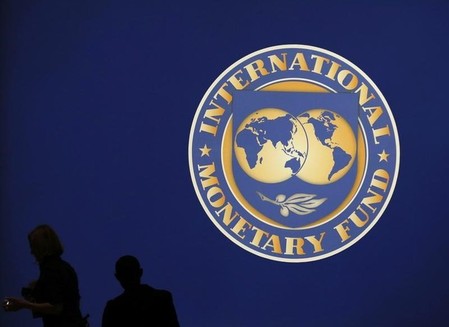
Read more

